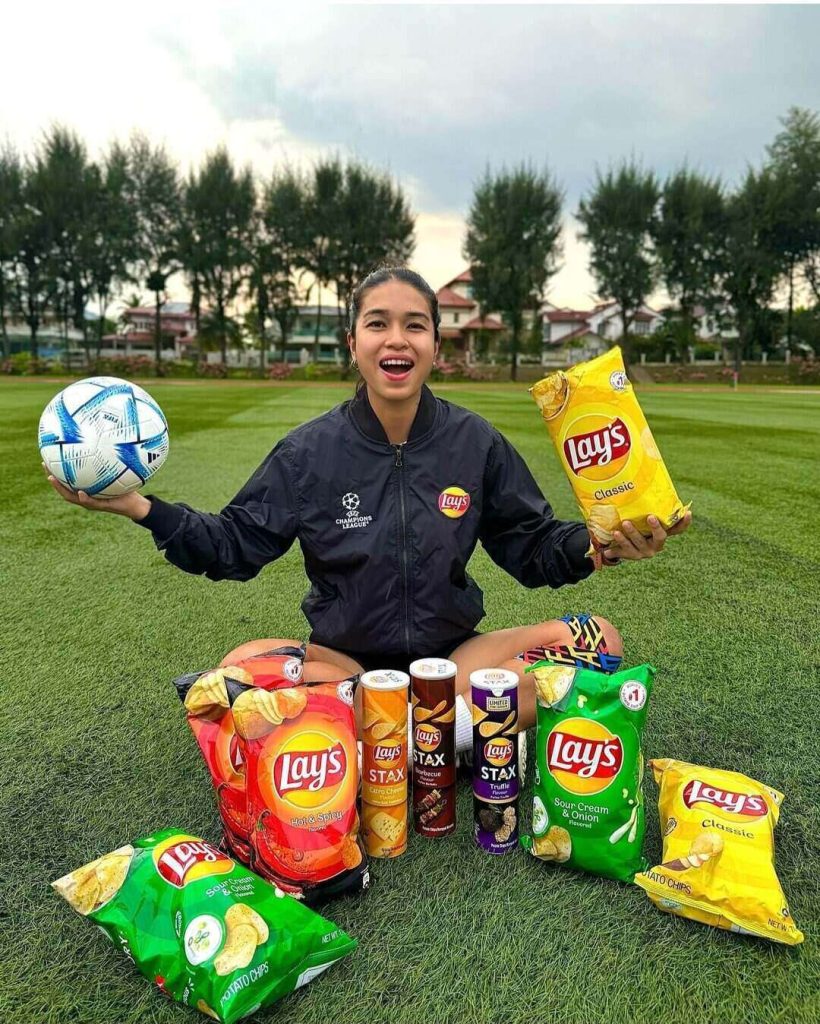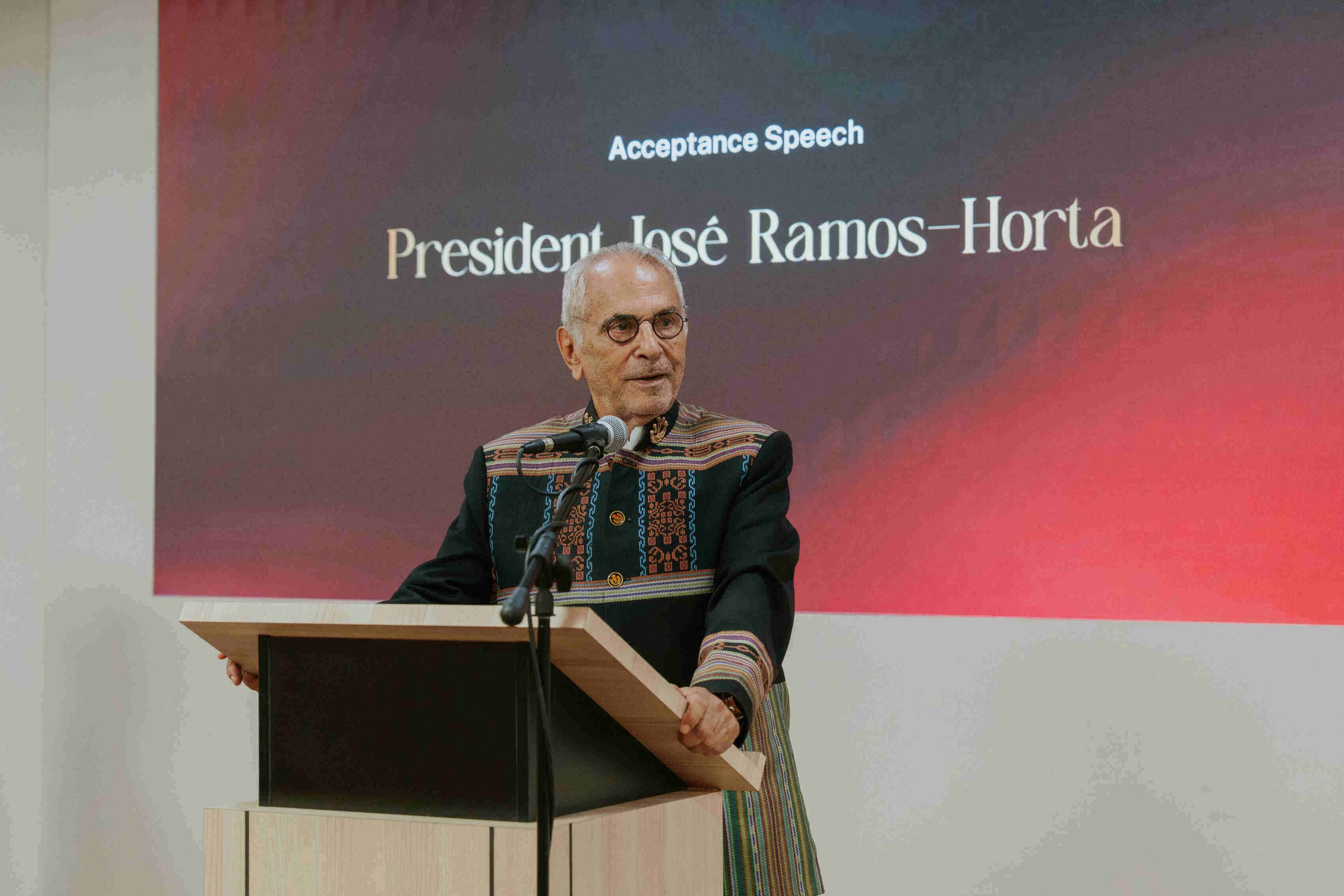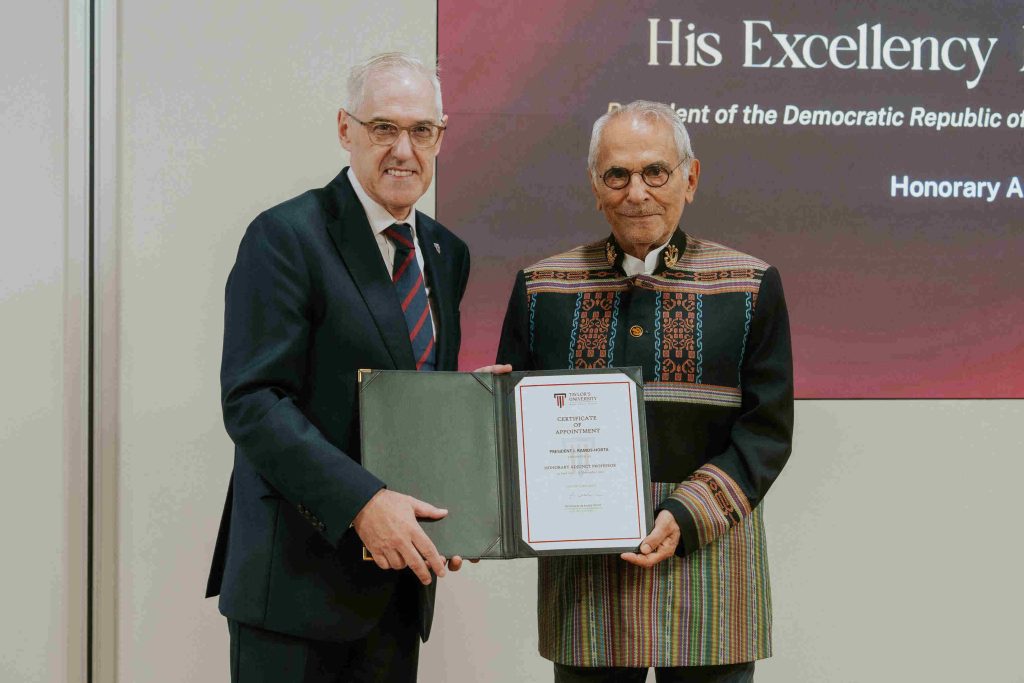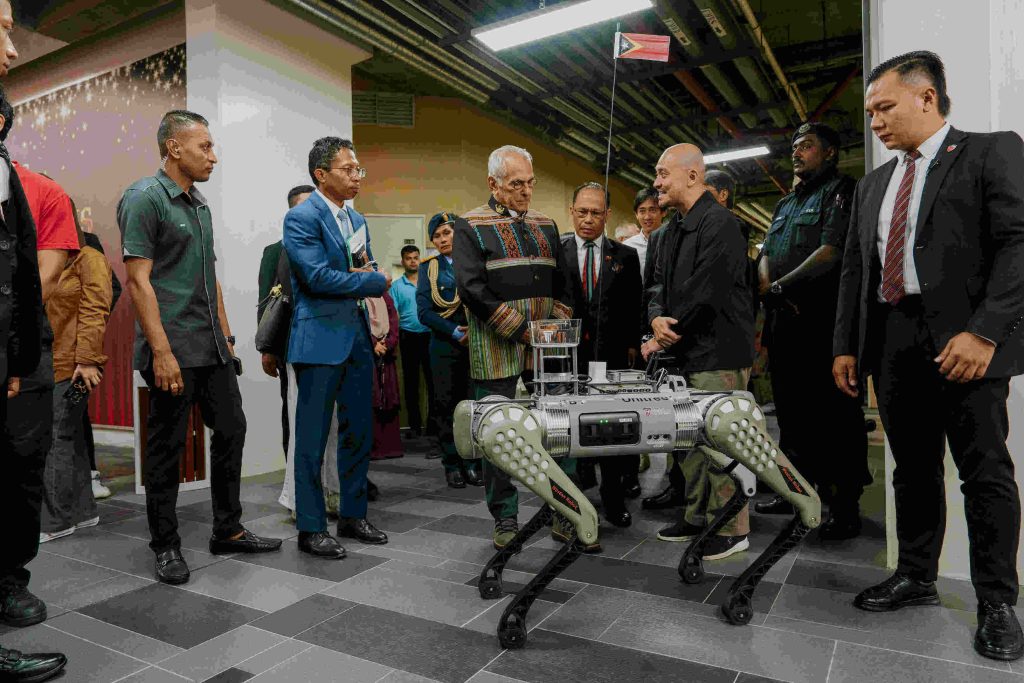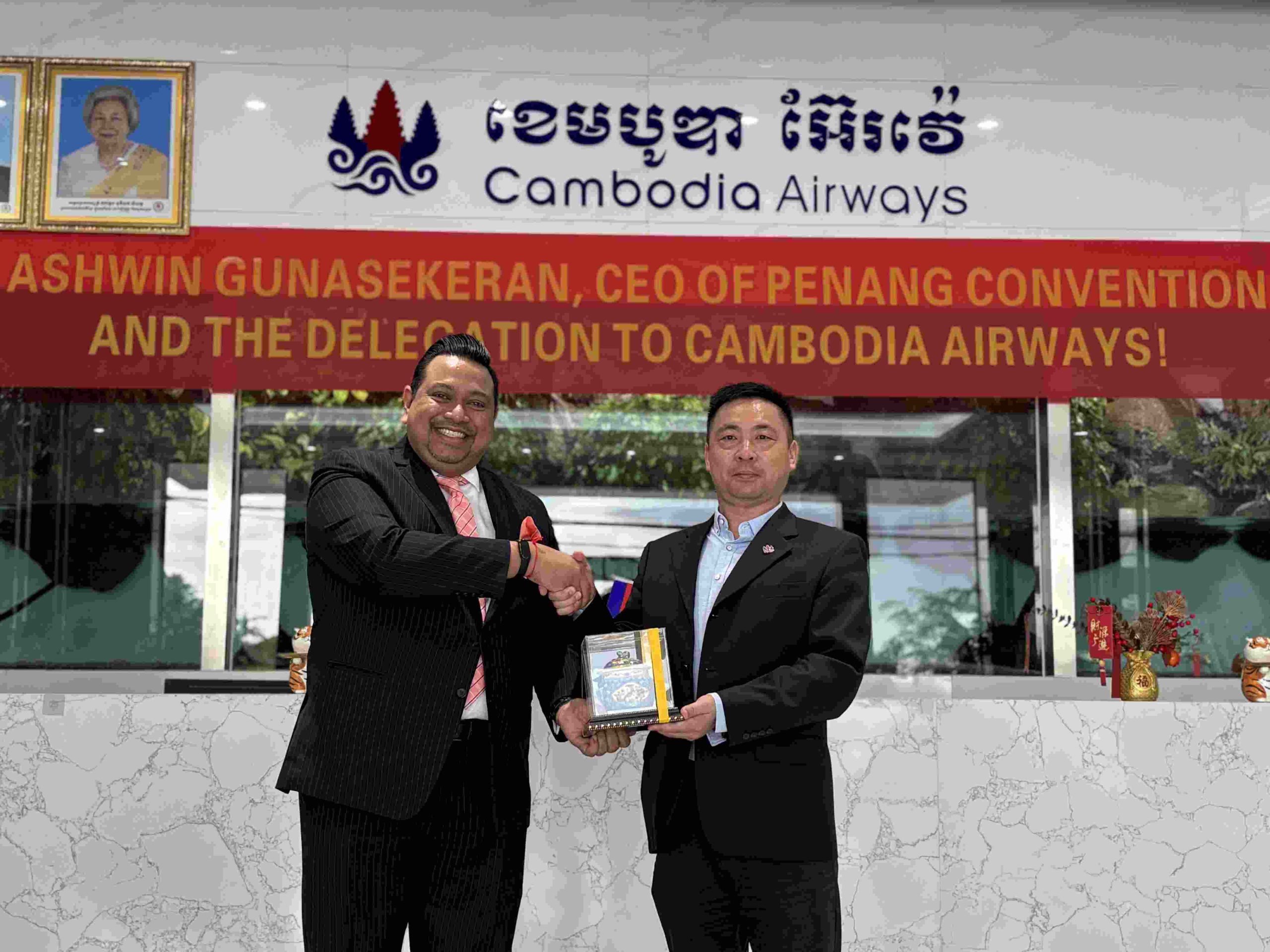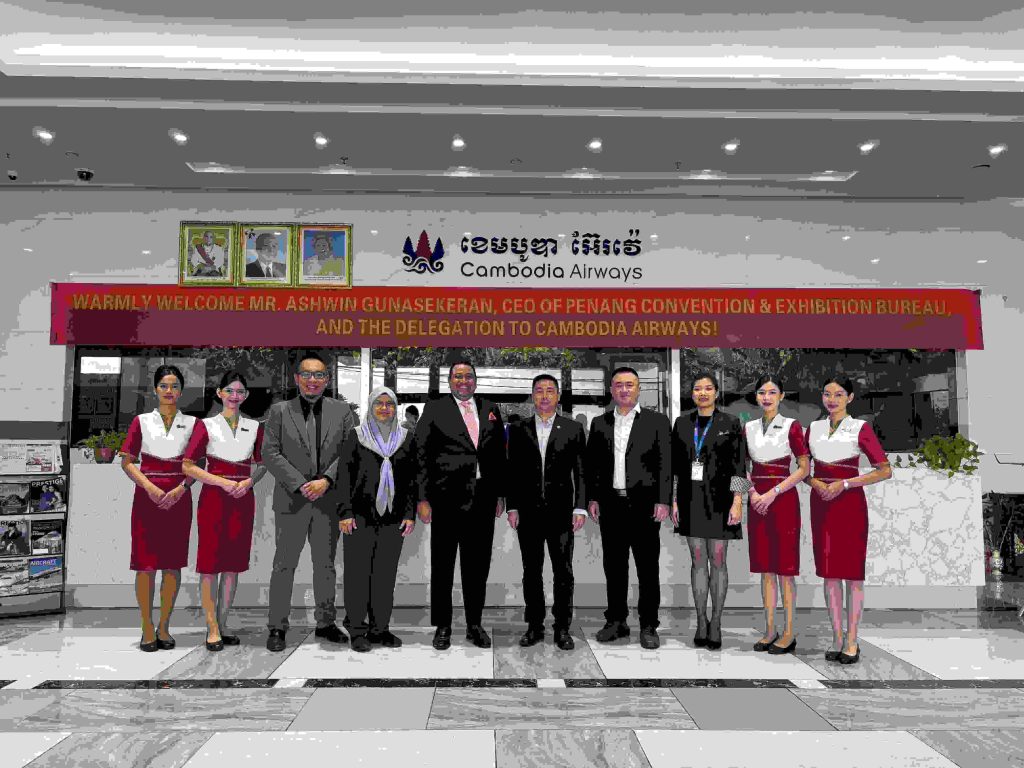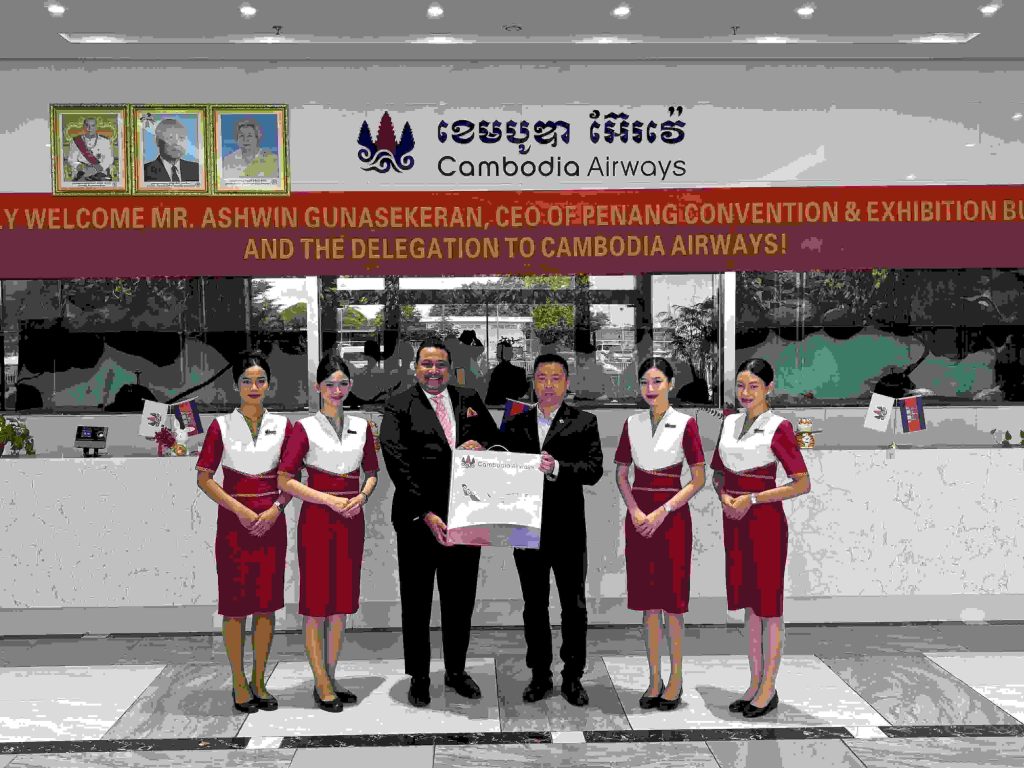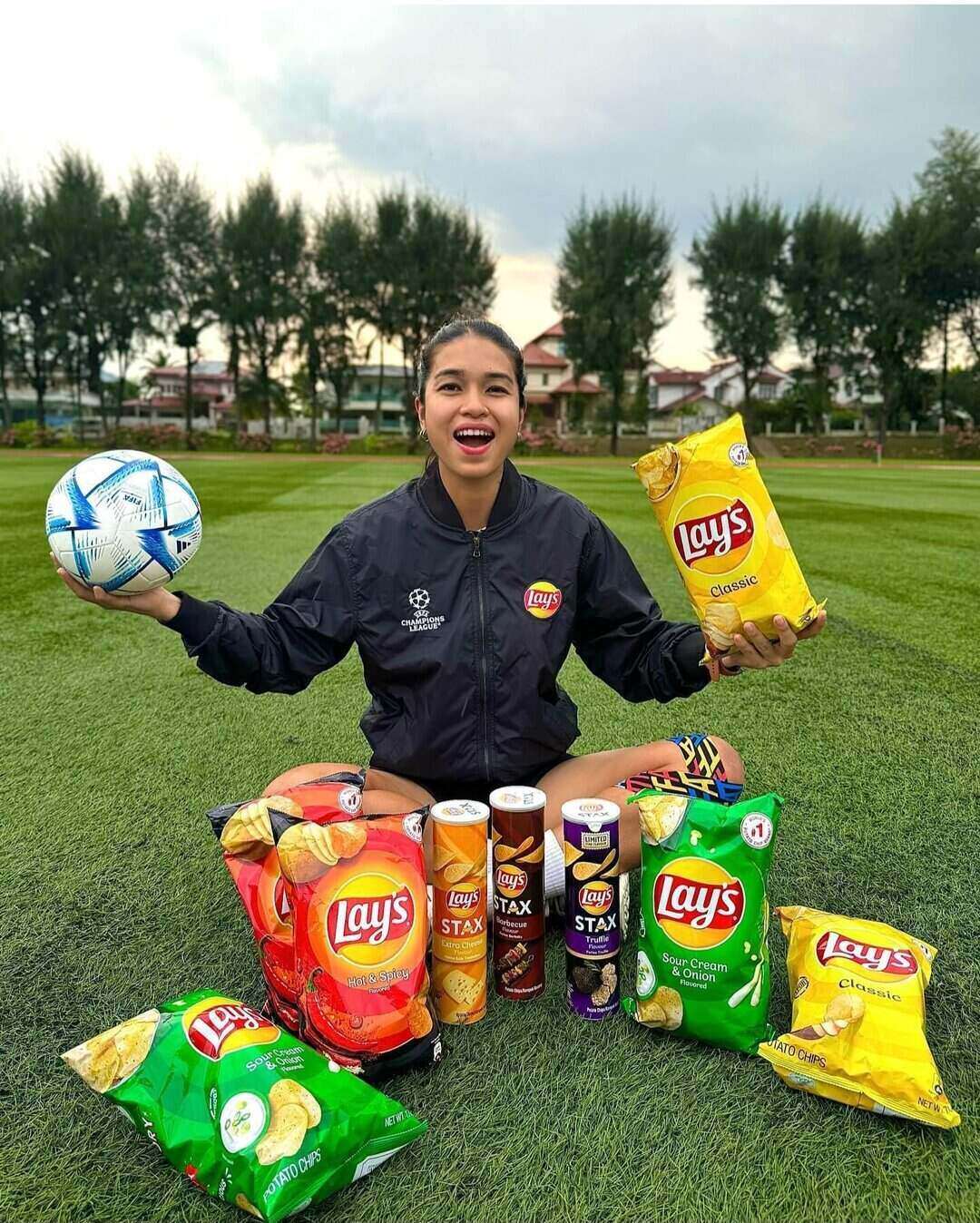Special Olympics and Bank of America Announce \$5 Million Grant and Platinum Partnership Ahead of 2026 USA Games. Special Olympics International and Bank of America have announced a \$5 million, three-year grant aimed at expanding programs that empower athletes with intellectual and developmental disabilities (IDD) through leadership development, workforce readiness training, and community inclusion. This significant investment will bolster the infrastructure of Special Olympics’ Athlete Leadership and Unified Leadership initiatives, allowing for expanded reach across local, national, and global levels—including new programming in Asia Pacific, Africa, and Latin America.
The funding will enhance existing training and leadership initiatives such as Unified Leadership, a curriculum co-developed and facilitated by individuals with IDD that promotes inclusive mindsets in the workplace. So far, this training has been offered to more than 2,000 schools, businesses, and organizations globally. According to Mary Davis, CEO of Special Olympics, the partnership comes at a pivotal moment: “Bank of America recognizes that our athletes are powerful voices for inclusion and are helping ensure they are leading and contributing meaningfully to society.”
As part of this deepened collaboration, Bank of America has also been named a Platinum Partner for the 2026 Special Olympics USA Games, scheduled to take place June 20–26, 2026, in Minneapolis, Minnesota. The bank will sponsor the golf competition, which will feature more than 159 athletes and 40 caddies. This sponsorship complements the bank’s broader “Golf with Us” initiative, launched earlier this year to increase access to the sport across the U.S.
The partnership reflects Bank of America’s long-standing commitment to diversity, equity, and inclusion. The company’s disability-focused initiatives include an internal Support Services team employing over 300 individuals with IDD and the Disability Action Network (DAN), which fosters professional development and community engagement among more than 23,000 members worldwide. Additionally, in partnership with Special Olympics and the National Disability Institute, Bank of America has co-developed “Better Money Habits” financial education tools tailored for people with intellectual disabilities.
For athletes like Charlotte Miller of Special Olympics Indiana, these programs are life-changing. “Through the Athlete Leadership Program, I’ve built skills in photography and public speaking, and I’ve even taught financial literacy through Better Money Habits,” said Miller, who will also be competing in golf at the 2026 USA Games.
AJ Barkley, Head of Corporate Social Responsibility at Bank of America, emphasized the transformative nature of the alliance: “Sports unite people in powerful ways. Our nearly 50-year partnership with Special Olympics continues to reflect our shared goal of creating opportunities for people of all abilities to lead and thrive.”
The 2026 Special Olympics USA Games are expected to be one of the largest sporting events in the country next year, drawing over 3,000 athletes from across all 50 states and attracting tens of thousands of spectators. For more information, visit 2026specialolympicsusagames.org.


